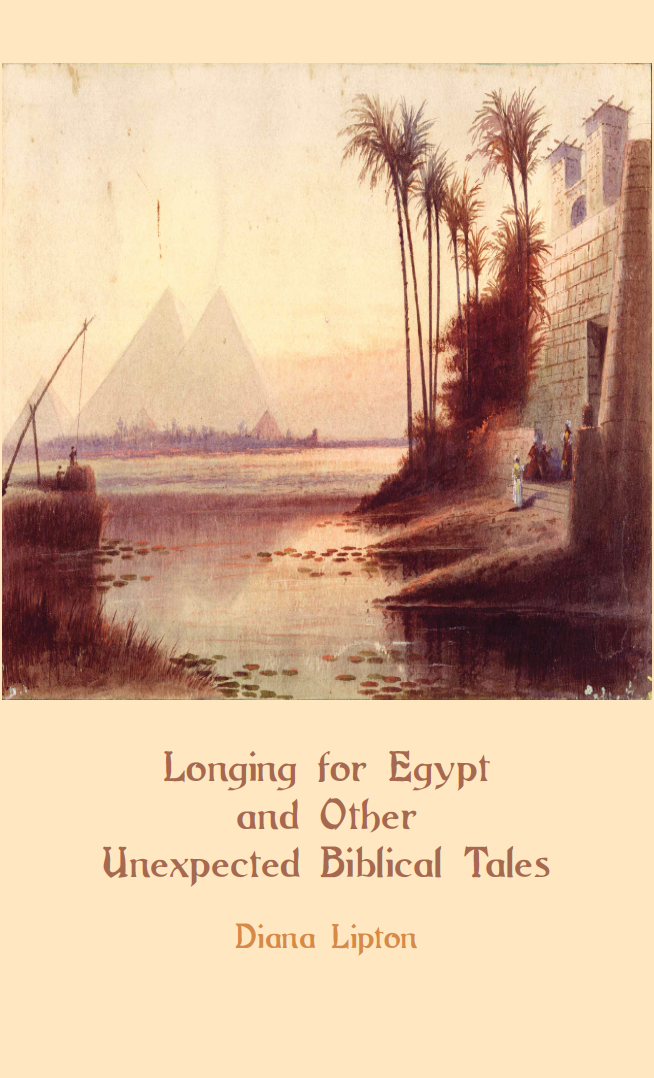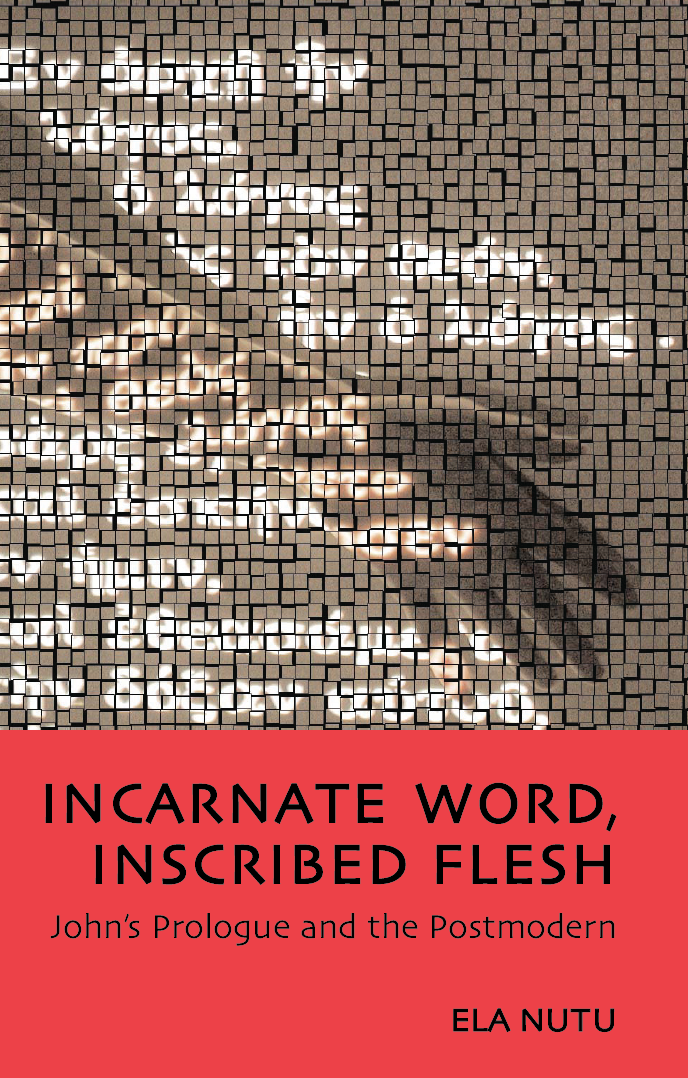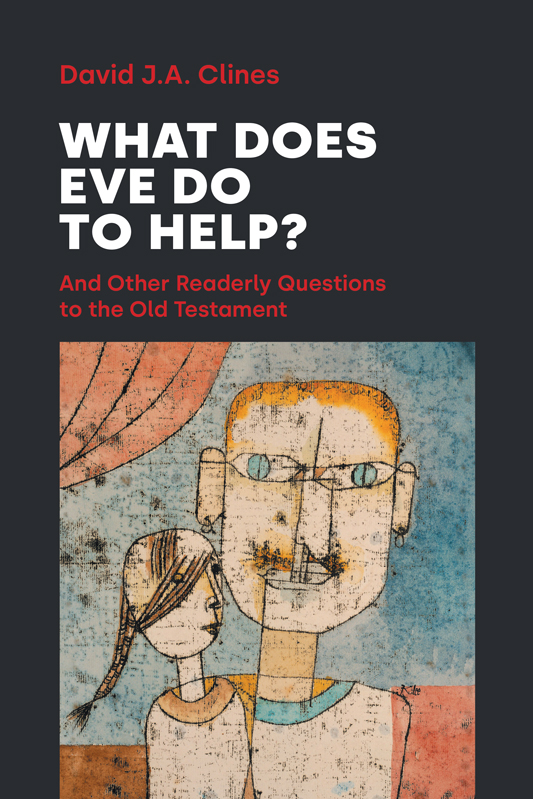Jacob: Conflicted Twin, Aggrieved Patriarch
George Savran brings his narrative interpretive approach to look closely at Jacob’s shifting identity. Jacob is indelibly linked to his brother Esau in the Genesis narrative, and their complex relationship as twins foregrounds this problematic connection. Jacob’s lineage is examined—he differs noticeably from his ancestors and his offspring in the complexity of his changing character. At times he is a “simple man” at the mercy of the demands of others; elsewhere he is a devious trickster eager to use his wits to achieve personal success. His search for a coherent identity, as it unfolds in this study, leads to his emergence as the patriarch of his family, compelled to make peace with his brother and his sons in the midst of ongoing conflict.
This study brings out how Jacob’s mature identity is clarified further by his reactions to three unusual and unexpected encounters which shed light on his ability to recalibrate his self-understanding.
- The first is his struggle with the man/angel at the Jabbok, where he receives a blessing with the name Israel, and comes to realize that his relationship to God is more complicated (and less predictable) than he had previously thought.
- An additional insight comes the following day during his reunion with Esau, as he learns to appreciate him in a new way and compares beholding his face to “seeing the face of God”. This is a remarkable admission by a brother who thought only the worst of his twin.
- Jacob’s rethinking his own self-importance emerges later in the Joseph story, when he is compelled to realizes that his insistence on his personal concerns will lead to the dissolution of his family.
Savran’s interpretation of these reactions underscores their significance in Jacob’s development, revealing a character of depth and resilience and giving new meaning to his role as the avatar of Israel.
Jacob: Conflicted Twin, Aggrieved Patriarch
George Savran brings his narrative interpretive approach to look closely at Jacob’s shifting identity. Jacob is indelibly linked to his brother Esau in the Genesis narrative, and their complex relationship as twins foregrounds this problematic connection. Jacob’s lineage is examined—he differs noticeably from his ancestors and his offspring in the complexity of his changing character. At times he is a “simple man” at the mercy of the demands of others; elsewhere he is a devious trickster eager to use his wits to achieve personal success. His search for a coherent identity, as it unfolds in this study, leads to his emergence as the patriarch of his family, compelled to make peace with his brother and his sons in the midst of ongoing conflict.
This study brings out how Jacob’s mature identity is clarified further by his reactions to three unusual and unexpected encounters which shed light on his ability to recalibrate his self-understanding.
- The first is his struggle with the man/angel at the Jabbok, where he receives a blessing with the name Israel, and comes to realize that his relationship to God is more complicated (and less predictable) than he had previously thought.
- An additional insight comes the following day during his reunion with Esau, as he learns to appreciate him in a new way and compares beholding his face to “seeing the face of God”. This is a remarkable admission by a brother who thought only the worst of his twin.
- Jacob’s rethinking his own self-importance emerges later in the Joseph story, when he is compelled to realizes that his insistence on his personal concerns will lead to the dissolution of his family.
Savran’s interpretation of these reactions underscores their significance in Jacob’s development, revealing a character of depth and resilience and giving new meaning to his role as the avatar of Israel.






